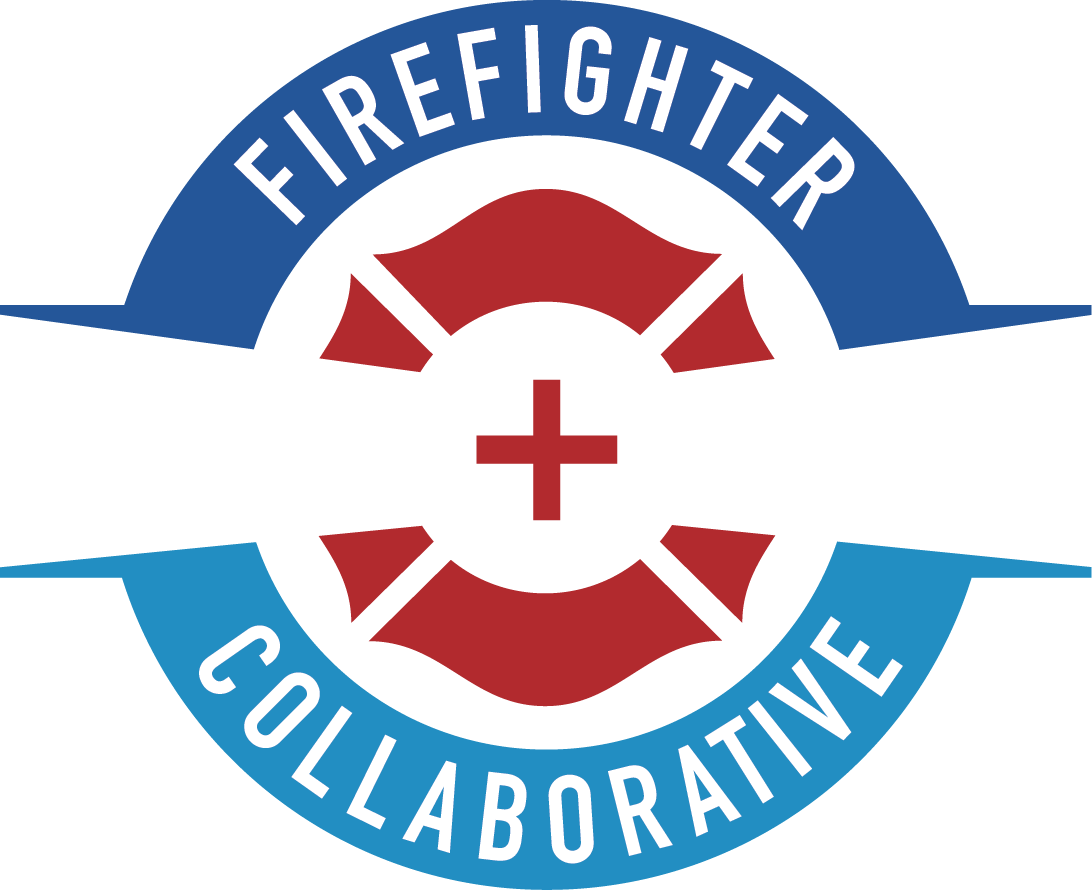Nutrition + Fitness
Eat right and feel right
With the leading causes of death for fire fighters being cancer and heart disease, the connections between chronic and preventable disease associated with poor nutrition and obesity are well-documented.
Eating healthy can be a difficult, let alone trying to do so in the fire house. The IAFF has created a campaign to bring awareness to the importance of nutrition and its role in fire fighter health. The Fire Fighter Nutrition Program is aimed at creating and maintaining healthy eating habits that support fire fighter training, work demands, fitness goals and long-term health.
Firefighting is a physically demanding occupation that may require 6,000 calories (kilocalories) per day. Firefighters who do not consume enough calories will become fatigued and lose body weight and muscle. Consuming too few calories over the weeks and months of a busy fire season can impair immune function and lead to illness.
Nutrition + Fitness Resources:
- A Healthcare Provider’s Guide to Firefighter Physicals
- Eating for Health and Performance: The Wildland Firefighter
- EXOC Tactical Athlete Program
- Firefighter health and fitness: A comprehensive approach
- IAFF Nutrition Resources
- Improving Performance and Preventing Injuries and Fatalities – Fact Sheet
- Improving Performance and Preventing Injuries and Fatalities – Research Study
- Lifestyle Countermeasures for Fire Fighters
- O2X Human Performance
- The “Golden” Rules of Firefighter Nutrition
- 5 Nutrition Hacks for Firefighters
While it’s important to eat enough, it’s also just as important to eat the right things. Here are some quick tips to promote healthy habits:
- Drink Water, Stay Hydrated!
Whether your body is turning food into fuel or working away at your fat reserves, it needs water to efficiently burn calories. And, staying hydrated can reduce your chances of sudden cardiac arrest and stroke! Try to drink half of your bodyweight in ounces of water each day. - Minimize Sugars and Grains!
It seems to be a common staple at any firehouse, even more so around the holidays—donuts on the table, cookies on the counter, and ice cream in the fridge. But because it’s there doesn’t mean you should constantly indulge. It’s been well documented that sugar can have a harmful effect on your health. Research has linked this sweet substance to obesity, heart disease, liver disease, higher rates of cancer, tooth decay along with other problems. - Mind Your Portions!
While it’s important to eat enough food to maintain a healthy diet, it’s equally as important to not over-indulge. Most firehouses not only serve an abundance of food, but they usually serve them on large plates. Research suggests that people eat up to 22 percent fewer calories when they’re able to decrease the amount of empty space on their plate. So the key is to serve your firehouse meals on smaller plates. Instead of using a big 14-inch plate for your meals, opt for an 8-inch plate. If you’re using different plates for different foods, you can switch things around to your advantage.
